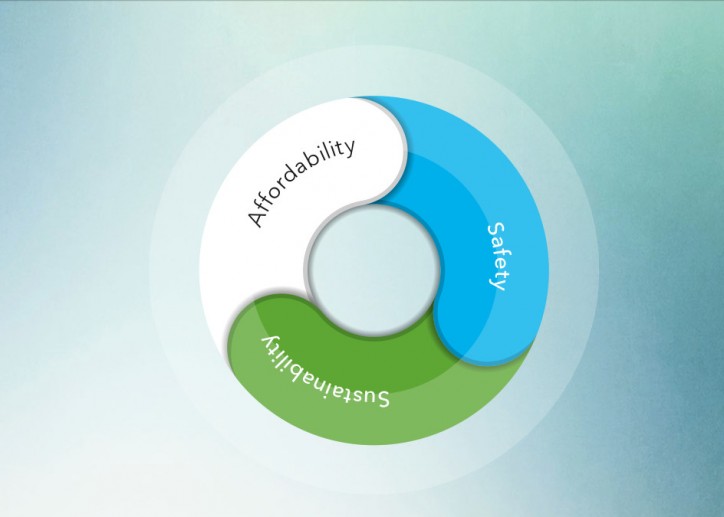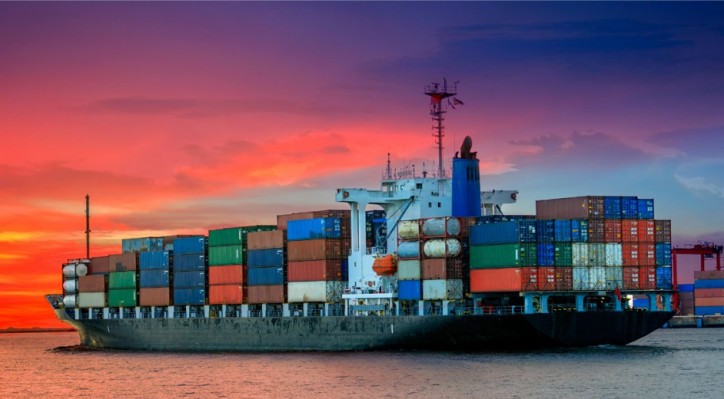 The international certification body and classification society DNV GL has released a position paper, The Fuel Trilemma - Next Generation of Marine Fuels.
The international certification body and classification society DNV GL has released a position paper, The Fuel Trilemma - Next Generation of Marine Fuels.
The paper examines a diversifying fuel market in the ship industry and the threefold problem of affordability, sustainability and safety in the usage of these fuels.
These three subjects are discussed in the research. Also few case studies covering LNG, electrification, biofuels (including pyrolysis oil and biomethanol), and hydrogen are presented to illustrate the benefits and challenges for each option.
The three main aspects - affordability, sustainability and safety of the fuels will be the leading, when the fuels has to be chosen in the shipping industry. It comes in relation of the strict regulations for CO2, SOx and NOx emissions, as requirements that already push limits of what can be achieved with conventional fuels and exhaust gas cleaning technology.

Image: DNV GL
The DNV GL senior researcher, Christos Chryssakis, commented:
"In all cases, the cost associated with machinery, as well as the expected fuel price, will play a dominant role for shipowners as they make changes to their fleet. However, safety and sustainability have an impact on affordability. Sustainability, assessed from a lifecycle perspective, will determine the availability of various fuels in the future, and could constrain the energy mix locally or globally. Novel design solutions may introduce a level of complexity that affects newbuilding costs and operational reliability. Even well-known solutions such as LNG involve considerable ship design and equipment changes to ensure safe operation."
DNV GL was created in 2013 as a result of a merger between two leading organizations in the field - Det Norske Veritas (Norway) and Germanischer Lloyd (Germany). The organisation’s main expertise is in technical assessment, research, advisory, and risk management.